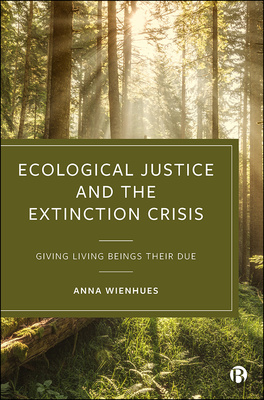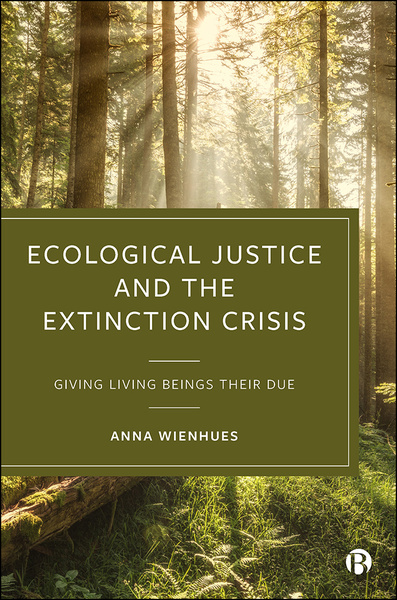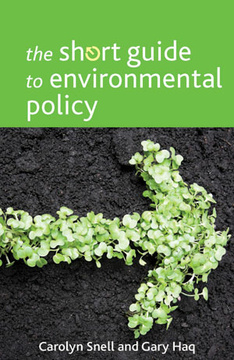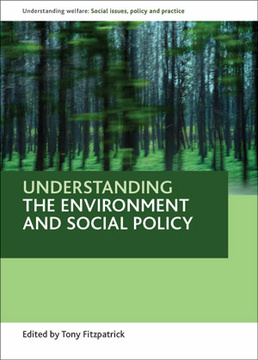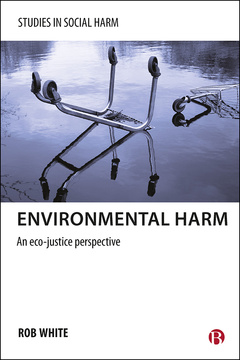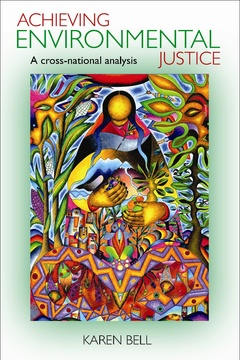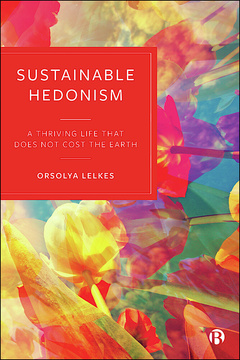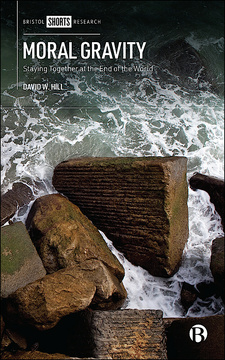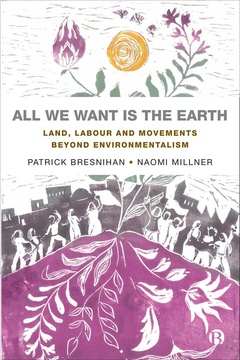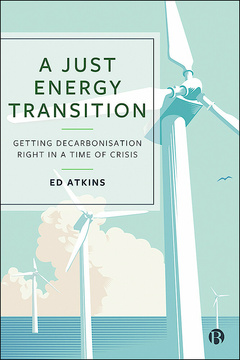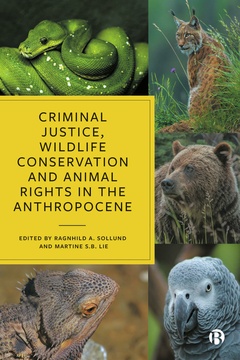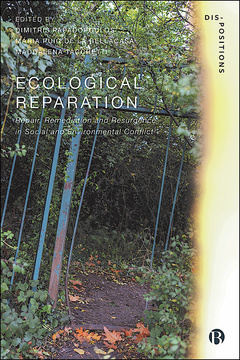Published
Oct 7, 2020Page count
242 pagesISBN
978-1529208511Dimensions
234 x 156 mmImprint
Bristol University PressPublished
Oct 7, 2020Page count
242 pagesISBN
978-1529208535Imprint
Bristol University PressPublished
Oct 7, 2020Page count
242 pagesISBN
978-1529208535Imprint
Bristol University PressPublished
Oct 7, 2020Page count
242 pagesISBN
978-1529208528Imprint
Bristol University PressIn the media
On our blog: What is ecological justice, and why does it matter today?
ePDF and ePUB available Open Access under CC-BY-NC-ND licence. As the biodiversity crisis deepens, Anna Wienhues sets out radical environmental thinking and action to respond to the threat of mass species extinction.
The book conceptualises large-scale injustice endangering non-humans, and signposts new approaches to the conservation of a shared planet. Developing principles of distributive ecological justice, it builds towards a bold vision of just conservation that can inform the work of policy makers and activists.
This is a timely, original and compelling investigation into ethics in the natural world during the Anthropocene, and a call for biocentric ecological justice before it is too late.
“A courageous and carefully crafted defence of the concept of ecological justice which places it at the centre of a viable environmentalist agenda.” Alan Holland, Lancaster University
“Wienhues’ radical argument that wild living organisms of all species are owed distributive ecological justice makes a provocative, valuable and original contribution to current environmental debates.” Clare Palmer, Texas A&M University
"An impressive, very carefully developed argument for an innovative theory of ecological justice, giving it its due place in the Anthropocene – and a very pleasant read.” Marcel Wissenburg, Radboud University Nijmegen
Anna Wienhues is a a postdoctoral researcher at the Department of Philosophy, Classics, History of Art and Ideas of the University of Oslo. Her work focuses on environmental ethics and political theory.
Introducing Ecological Justice
Political Non-Ranking Biocentrism
The Community of Justice
The Currency of Distributive Justice
The Principles of Distributive Justice
Ecological Justice and the Capabilities Approach
Biodiversity Loss: An Injustice?
Who Owns the Earth?
Visions of Just Conservation
Outlook for Implementation







